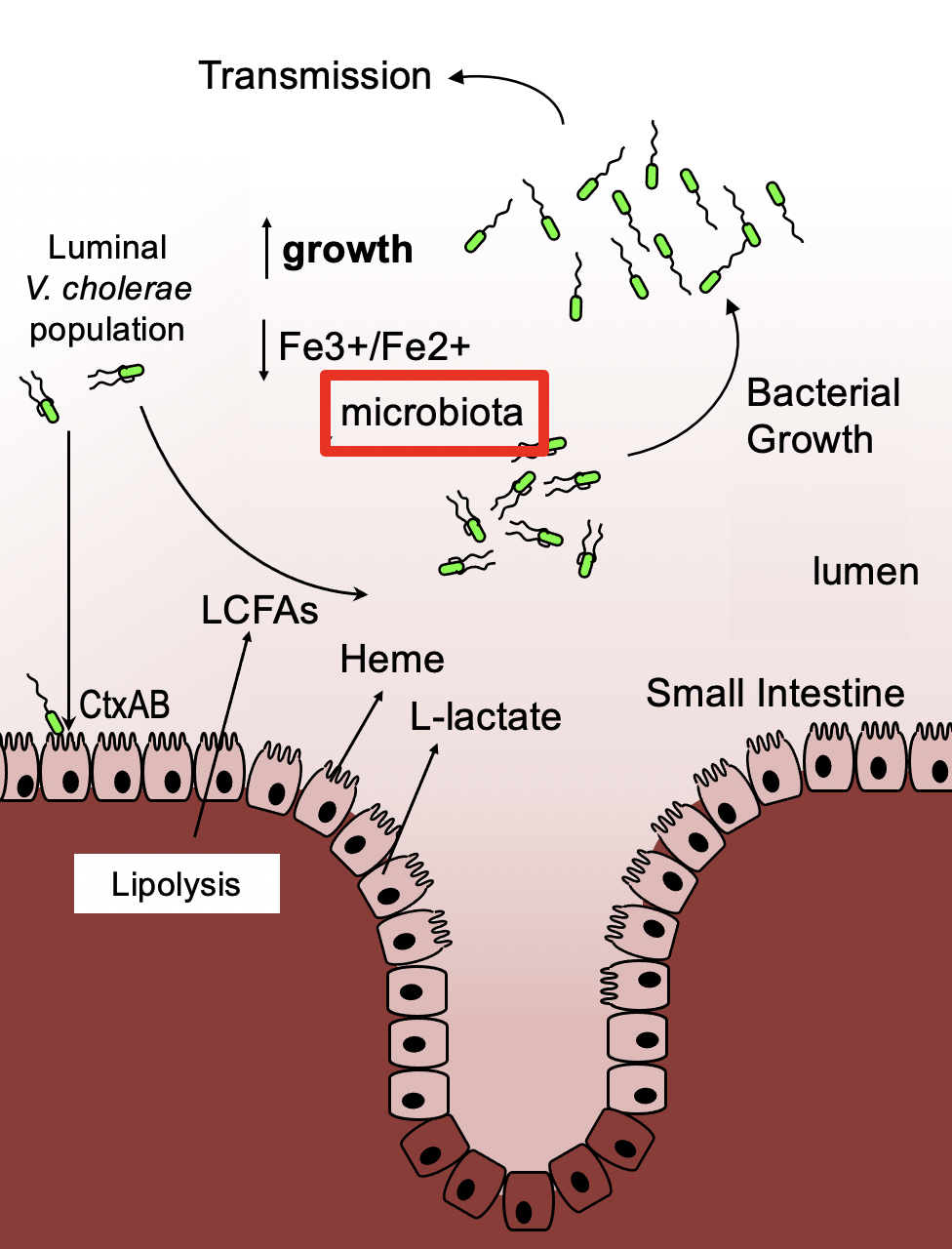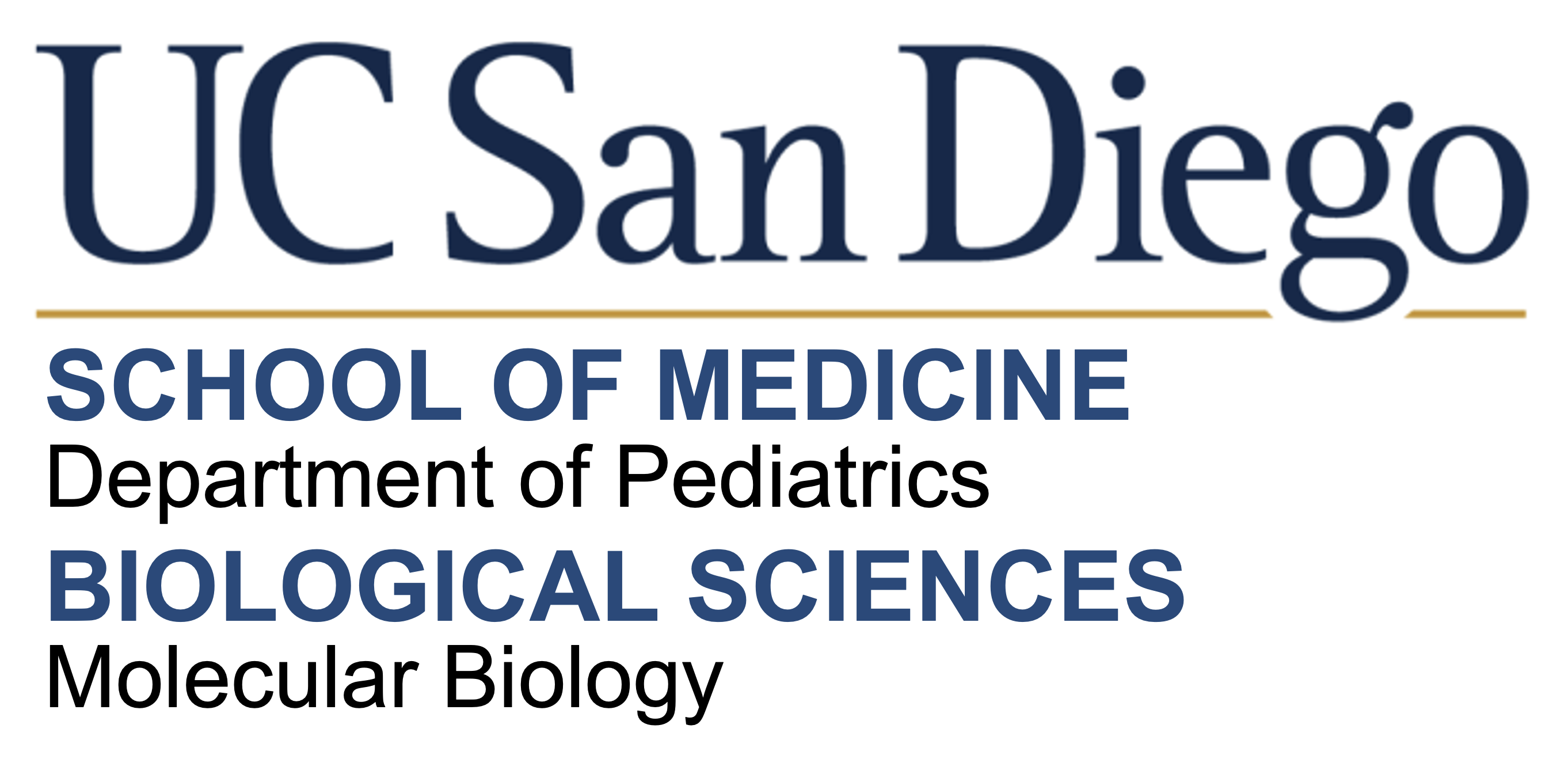Background
The intestinal microbiota maintains gut homeostasis by regulating suite host metabolic processes throughout the gastrointestinal tract. In the small intestine, the gut microbiota regulates fat storage, and metabolic processes in response to dietary lipids. During infection, V. cholerae colonizes the small intestine of both humans and animals, where the pathogen secretes at high concentrations of cholera toxin (CT). However, the role of cholera toxin and other PKA-activating toxins in modulation of the intestinal microbiota remains unknown.
Toxins and Modulation of the Microbiota
We have previously performed RNA-sequencing of V. cholerae during infection of the infant rabbit gastrointestinal tract and made the observation that CT-induced disease alters host intestinal metabolism and induces a CT-dependent transcriptome signature in the pathogen (Rivera-Chavez et al, 2019). We are currently investigating how CT-induced disease modulates the intestinal microbiota and possibly mediates the elimination of specific members the microbiota (See Figure). The findings from these studies will determine how CT and other toxins modulate the host microbiota and the consequences on host-microbe metabolism and pathogen growth, which will have broad implications for the role of the microbiota and bacterial toxins in human disease.



